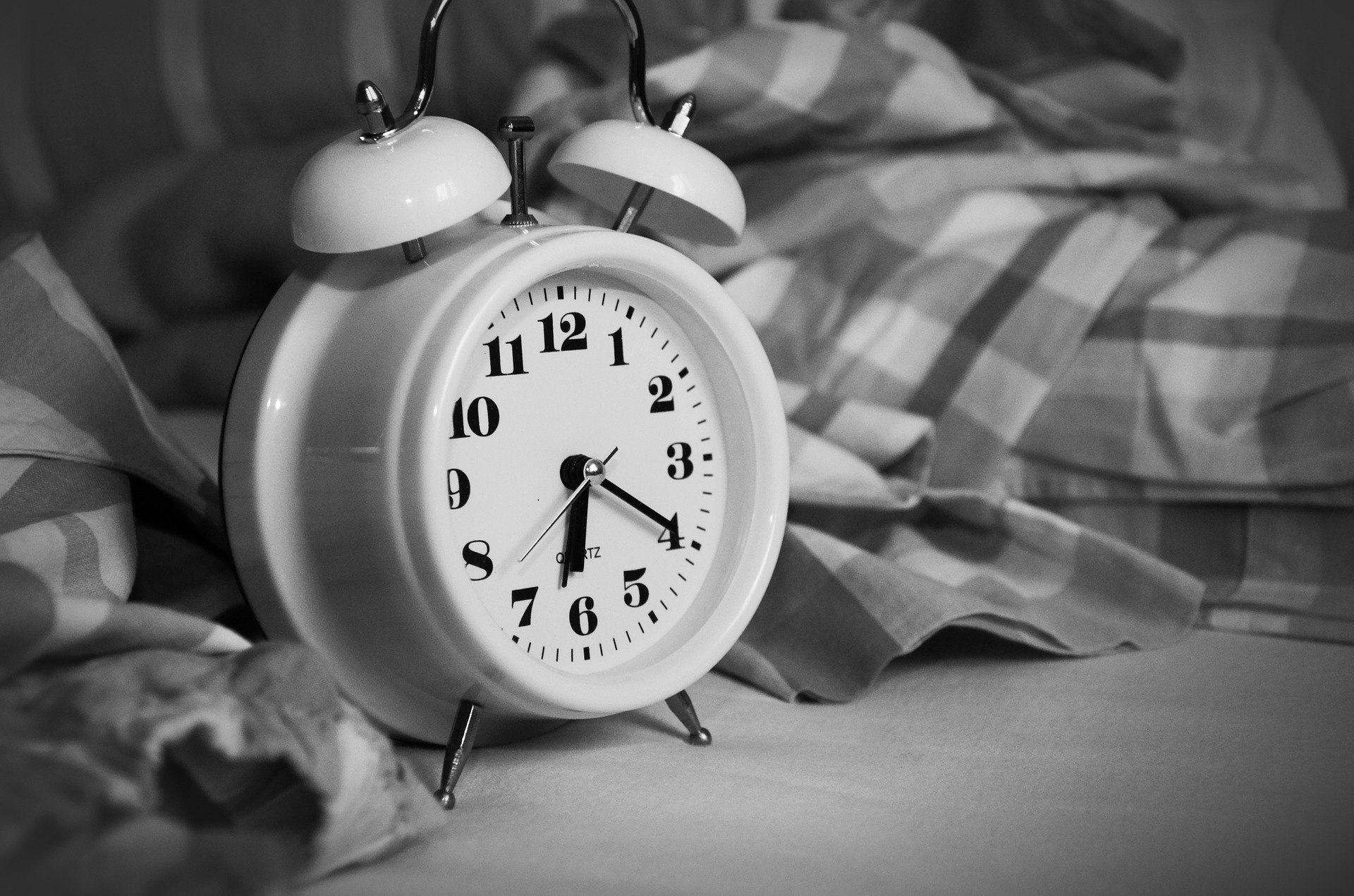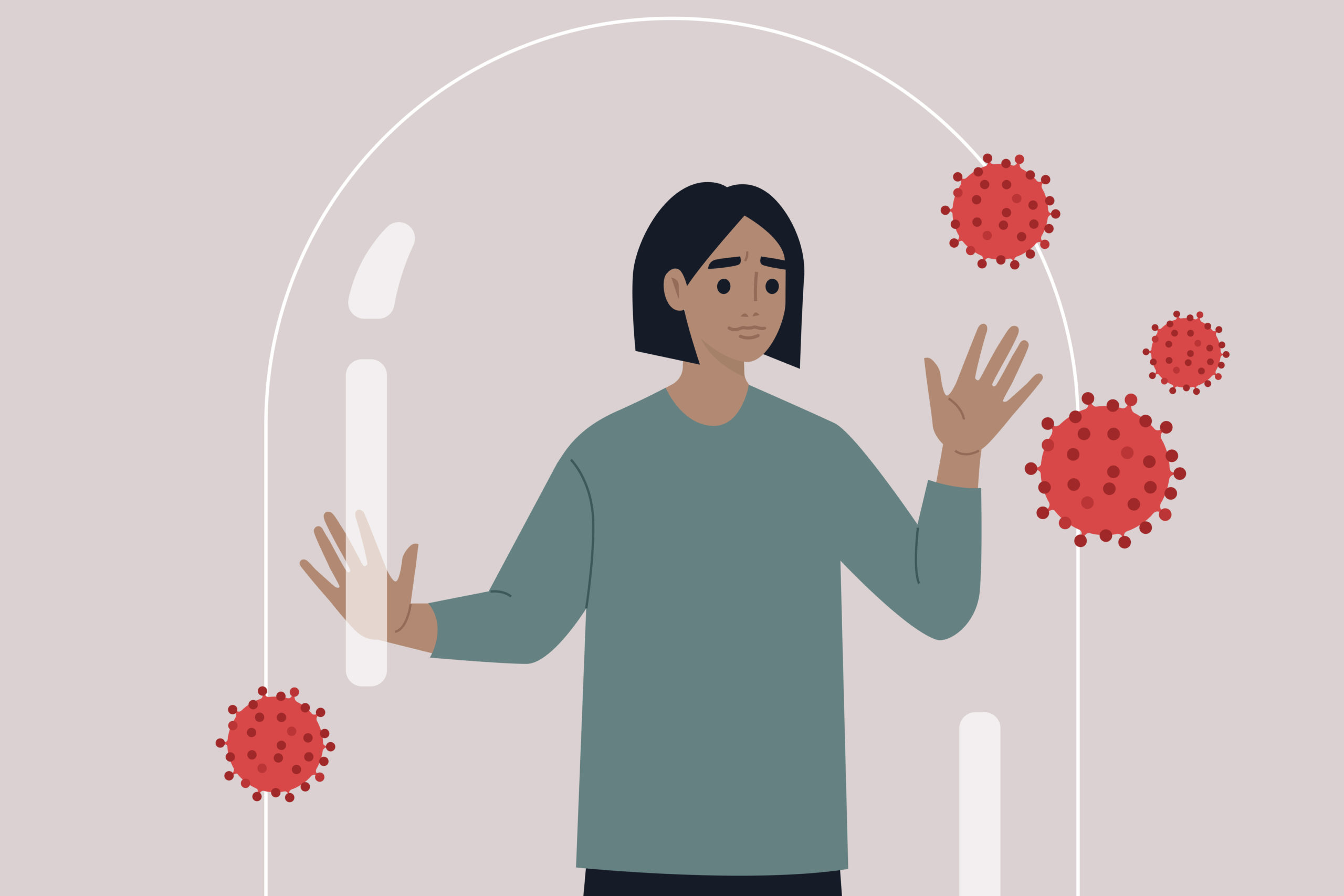You may have heard that we need less sleep as we age, but studies show this is inaccurate. Unfortunately, many older adults suffer from sleep loss due to anxiety and because they get less able to exercise. As a general rule all adults over the age of 18 need at least 7 hours of sleep.
Food to Give You Energy in the Morning
For those who struggle to get out of bed in the morning, dietary changes can help. If you’re used to a breakfast of cereal, toast and fruit, you may be setting yourself up for a drowsy day.
The best breakfast foods to keep your energy level humming are those that don’t put a great deal of strain on your glucose burning system. This means that a protein-packed breakfast loaded with simple sugars can get your motor running and keep it humming all morning long.
This doesn’t have to be complex. In fact, many ideal breakfast foods can be prepared ahead to reduce your morning workload. For example, you can keep hard-boiled eggs in the refrigerator and apples in a bowl on the counter for a quick, grab-and-go breakfast as you head out the door. Protein + fibre + simple carbs = a great start to your day!
Make the Insulin Rush Work for You With A Higher Carb Supper
If you’re really struggling to shut off your brain at the end of the day (even if your body is exhausted) try adding more carbs to your meal at the end of the day.
It’s important to note that this is not a recommendation to eat a large or heavy meal as you wind down but to bump up your intake of carbohydrates and sugars to increase your insulin production. The secretion of insulin at the end of the day can help you become drowsy. If you choose to eat a low carb meal instead, you may find your body and brain actually become more alert when you’re trying to drop off to sleep.
Portion control is key here. A small serving of oatmeal with a little sugar and cinnamon is a great choice for a bedtime snack and will serve as yummy comfort food on a cold evening. Such a snack contains very little fat but enough carbohydrates to help you feel sleepy.
A container of ice cream may trigger an insulin rush and drowsiness, but such a sweet treat will cause more brain agitation than calm and may leave you feeling anxious (or guilty) as well! Additionally, high-fat snacks are not a good option right before bed.
Watch Your Snacks
If your afternoon break with a friend at work includes coffee, you may be sabotaging your sleep. For those who struggle to sleep, or take longer than 20 minutes to wind down and drop off once they lay down, reviewing your caffeine intake is crucial.
Caffeine is a near constant in the lives of many adults. From soda to coffee to tea to chocolate, many of us are under a higher caffeine load than we think. Try backing off your caffeine intake after lunch, or cut it off at 2 pm to see if this makes it easier to fall asleep.
A simple addition to your afternoon break is a snack high in protein and something with simple, low sugar flavouring such as flavoured sparkling water. A serving of almonds and water with lemon or lime is a great choice for your break. This type of snack will protect you from an insulin rush and reduce hunger pangs.
Eating Too Little
Many people have incorporated fasting into their daily eating habits to lose weight or simply to detox their digestive symptoms. However, this may leave you struggling to sleep because you’re hungry.
It’s important to note that hunger can be more than just a rumbling in your gut. Many people suffer from severe hunger pangs that can occur hours after a stomach rumble has ceased. This is a terrible way to wake up in the middle of the night and might be anxiety producing. While it’s extremely important not to overeat before bed, it’s crucial that we not go to bed hungry to avoid this discomfort and disruption of our rest.
In addition, the endocrine system is most alert during times of low insulin production. If there’s nothing in your stomach, your body doesn’t secrete insulin and you will likely struggle to feel sleepy.
Don’t Go Big!
A large meal right before bed forces your body to work much harder than necessary. A walk after dinner is a good decision, not only because it helps you stretch your legs and quiet your mind but also puts gravity and motion to work to help you digest a large meal.
In addition to avoiding a large meal right before bed, keep an eye on your alcohol intake. Booze before bed can prevent you from entering the deepest stages of sleep, necessary for brain health and complete rest. You wake up still tired (and are likely dehydrated) and are certainly not prepared for a successful day.
A logical diet includes portion control and an eye toward the consequences. A large meal right before bed can be tough on your stomach and may cause heartburn in the middle of the night. A meal that includes a lot of spicy foods can destroy your rest. There’s nothing wrong with celebrating or trying a new cuisine, but for the best rest, it’s important to eat moderately.
Final Thoughts
The best thing you can do for your body and brain is to develop a healthy sleep practice and maintain it. There will be times you’ll have to fight your schedule, spouse, kids or job to get enough rest, but it’s crucial that you remain consistent. The aging process is never easy, but you can make it much healthier with a focus on getting enough rest.
Author Bio: Ashley Powell is Ghostbed’s content and Customer Education manager. She is a Biohacking enthusiast and loves optimizing her Productivity, Sleep and Health.





